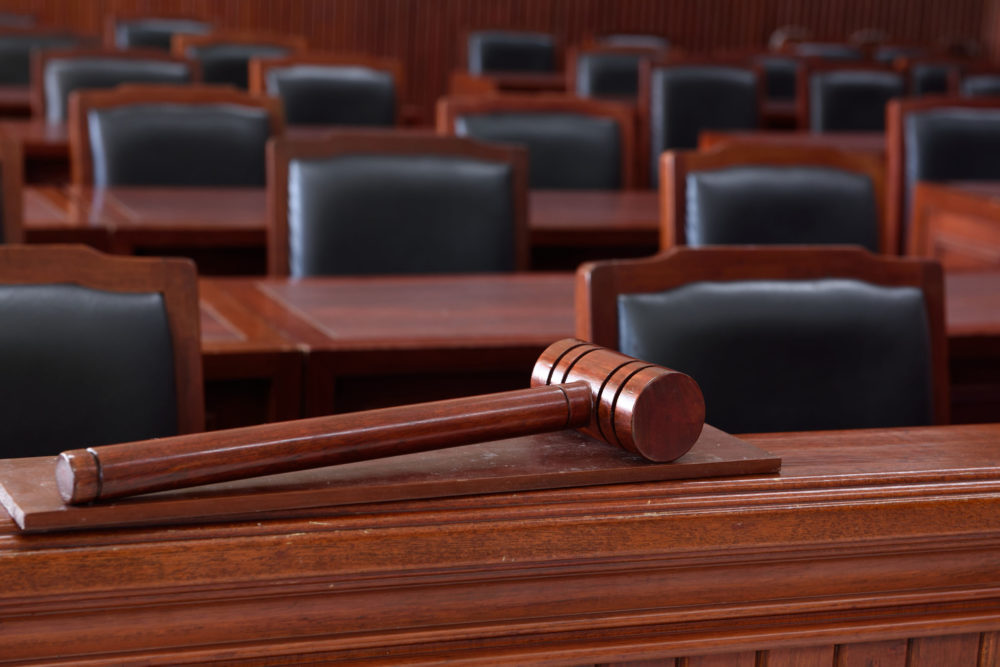The ability to develop and implement a comprehensive trial strategy is crucial for any litigator aiming to achieve favorable outcomes in court. Effective trial planning involves not only understanding the legal principles at play but also the art of persuasion and the strategic use of evidence and witnesses. This webcast will provide participants with the knowledge and tools necessary to craft a winning trial strategy from start to finish. In this Webcast, a panel of thought leaders organized by The Knowledge Group will provide an in-depth discussion of trial strategy. Speakers will analyze the key components of developing a trial plan, including the identification of critical issues, the creation of a compelling narrative, and the effective presentation of evidence. They will also examine the importance of understanding the judge and jury, anticipating opposing counsel’s moves, and adapting to unfolding events during the trial.
Taking Your Trial Advocacy to New Heights: Strategies for Effective Presentations in the Courtroom
lazupardo2024-06-11T13:30:12-04:00Preparing for a trial involves the strategic use of documents. Crafting a compelling narrative not only simplifies intricate legal arguments but also leaves a lasting impact that can influence decisions in favor of your client. Therefore, establishing a trial preparation strategy is critical, and it should begin to take shape during the document review stage. Join Lee J. Hurwitz of Segal McCambridge Singer & Mahoney and Christopher Cianci of Lagasse Branch Bell + Kinkead LLP for an in-depth discussion on the top strategies for winning trials. Our speakers will explore effective cross-examination techniques, the art of presenting complex evidence in an understandable way, and the use of rhetoric to influence courtroom opinions.
Advancing Trial Skills: Critical Steps to an Effective Cross-Examination
Joenel2023-05-31T22:14:57-04:00One integral aspect to increase the chances of winning a trial is the use of cross-examination. While this approach takes extensive planning and preparation, a properly executed and effective cross-examination can be an opportunity to test the reliability and credibility of witness evidence, expose weaknesses, and likely produce a favorable testimony. Thus, practitioners must develop sound strategies and calculated trial preparations to avoid disjointed cross-examination.




